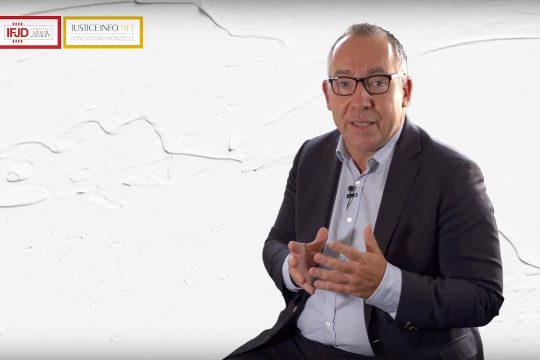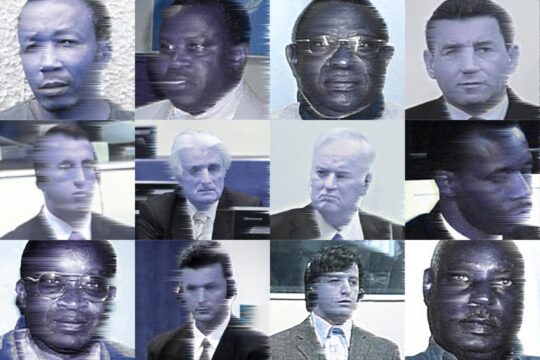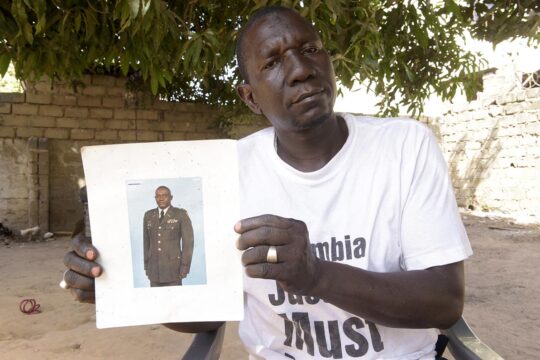UNDERSTANDING TRANSITIONAL JUSTICE | Episode 3 >
What is meant by the right to reparation? What does it mean when it is impossible to repair the situation of the past, or when the victims are deemed too numerous? Xavier Philippe, professor of law and administrator of IFJD, explains the meaning of this right in the context of transitional justice. Individual and collective reparations, material or symbolic reparations: in transitional justice, the right to reparation fulfils different objectives and takes multiple forms.
In partnership with IFJD
Every week, on social networks, readers of Justice Info ask us this question: what is transitional justice? So, in June 2021, when the Institut francophone pour la justice et la démocratie (IFJD) proposed a partnership on educational videos that it has produced but which, its managers think, deserve a wider public audience than academic circles, we had no hesitation.
IFJD’s top transitional justice experts explain in a few minutes the history of these mechanisms and practices of justice in the face of mass violence. They detail some of its main principles, illustrating them with concrete examples of how they have been implemented. And they introduce us to its many fields of application, which are constantly evolving.






